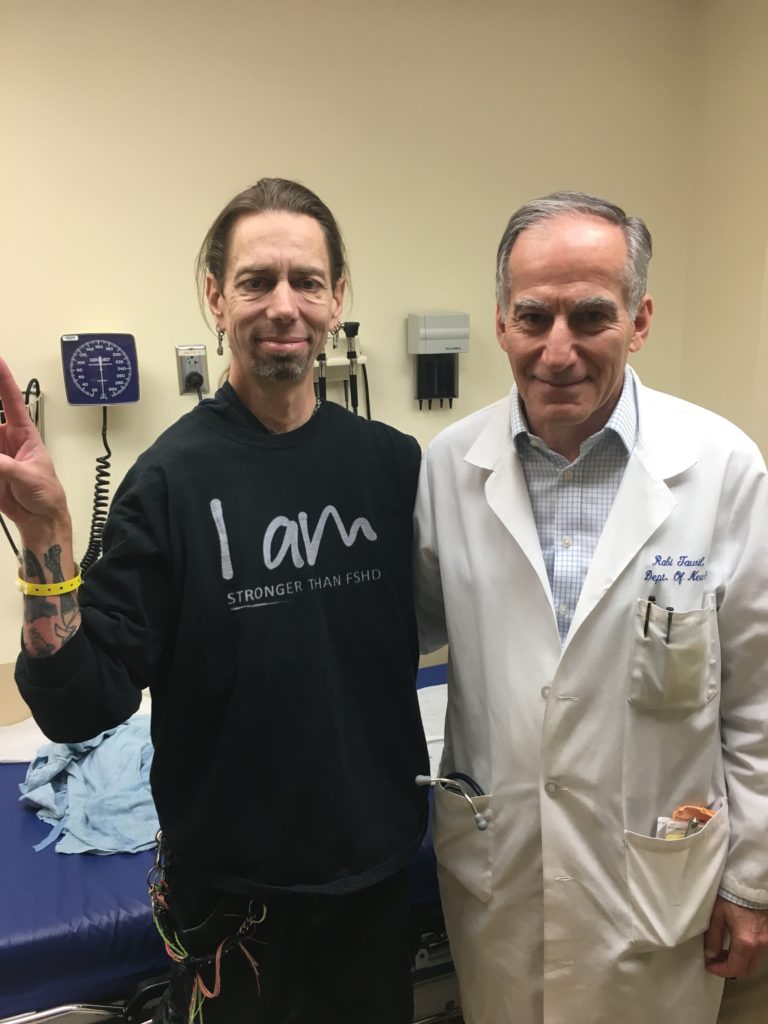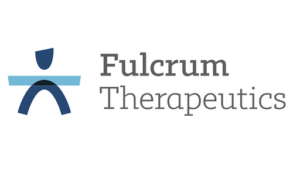
To crack the code of FSHD, patients are absolutely essential
All of the breakthroughs—the discovery of the genetic causes, understanding why some patients vary so greatly in the severity of their symptoms, teasing out the biochemical pathways that could point to future treatments—were made because patients stepped up to the plate.
Too often, we hear patients say they’ll volunteer when there’s a treatment. But we will never get to a treatment unless patients participate in fundamental research now. FSHD is uniquely human, so no laboratory mouse can ever fully model the disease. The genetic “package” that causes FSHD is found only in people. We owe an enormous debt to the patients who give DNA samples. Who submit to long interviews and exhausting physical tests. Allow a surgeon to cut out a small muscle sample. Who fight claustrophobia to lie in the narrow bore of an MRI machine.
Equally important are patients’ family members, both affected and unaffected, who provide the best experimental controls because of their shared genetic and environmental backgrounds. A parent or sibling who has very mild symptoms may hold the key to understanding the factors that protect against the full-blown development of FSHD symptoms in a more severely affected family member.
We are more hopeful today than ever before that a treatment is within sight. We cannot guarantee when that treatment will arrive, but here’s one thing we guarantee: If you volunteer for research, your participation will without question help move us a step closer to that day.
Scientific Overview of FSHD
Read the latest on wikipedia
Glossary of Scientific Terms
MOVE needs you!
To the FSHD community, we’re sharing this invitation from Drs. Statland and Tawil to join the MOVE study. It is open to individuals with FSHD of all ages residing in… Read More »
What we started…
by June Kinoshita, FSHD Society Over the next 12 to 24 months, four clinical trials for FSH muscular dystrophy are expected to launch. All of these upcoming trials all target… Read More »
Fulcrum’s Phase 3 trial news – what does it mean for patients?
by June Kinoshita, Director of Research and Patient Engagement Fulcrum’s announcement that it will proceed with a Phase 3 clinical trial of losmapimod is big news for the FSHD community…. Read More »
Fulcrum announces Phase 3 trial of losmapimod
From Fulcrum Therapeutics’ press release Reachable Workspace (RWS) primary endpoint based on discussions with FDA and EU regulatory agencies Trial expected to begin in 2Q 2022 Potential first-to-market therapy for… Read More »






